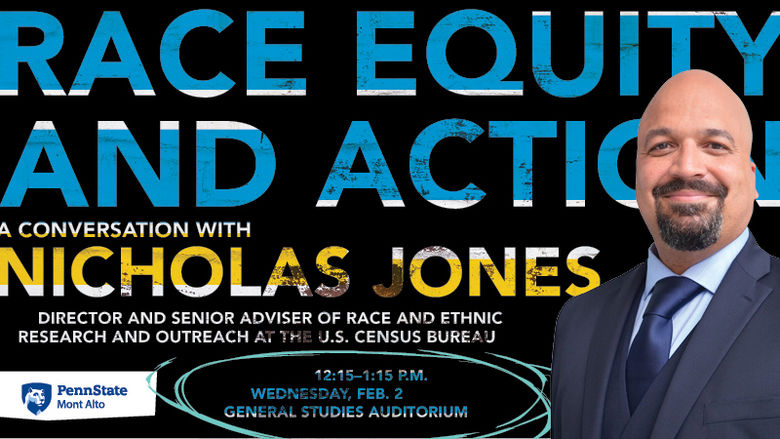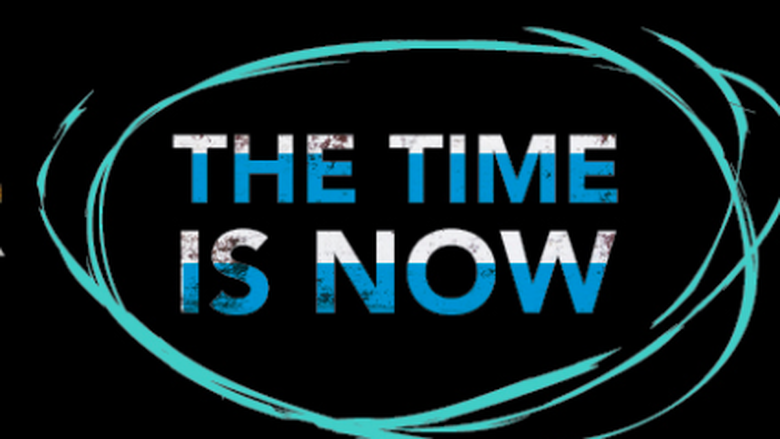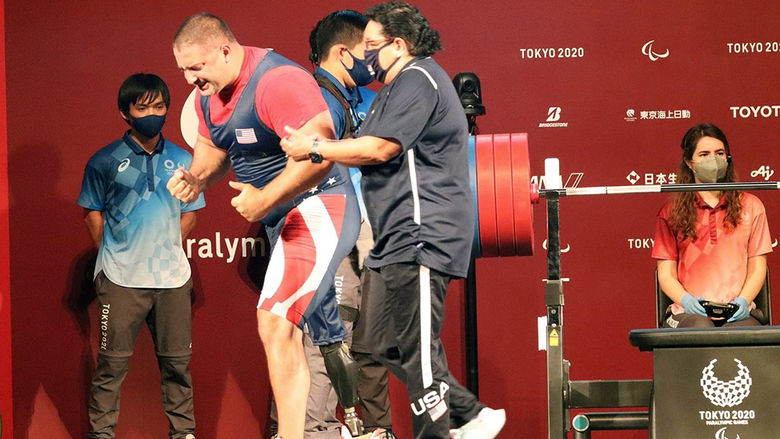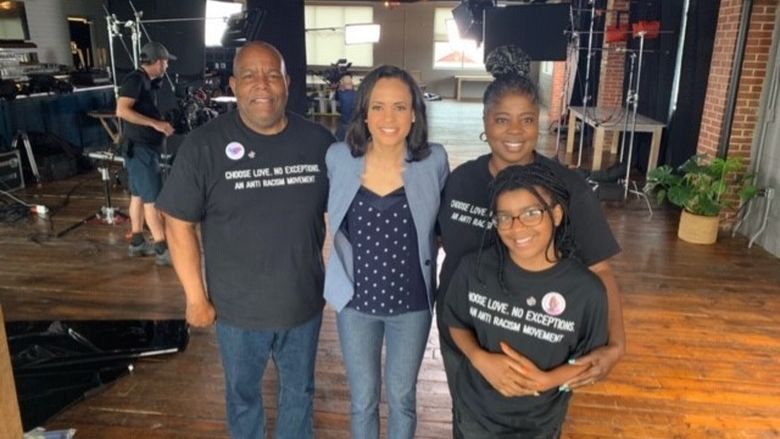MONT ALTO, Pa. — Since July 2020, the “Race, Equity, and Action” (REA) program at Penn State Mont Alto has brought conversations, workshops and professional-development sessions to the campus to encourage dialogue and help fulfill part of the 2020-25 strategic plan to advance a culture of inclusion, equity and diversity at Penn State Mont Alto and beyond.
When applying in 2020 for a $15,000 grant awarded from Barnes & Noble Inc., Kira Hamman, assistant teaching professor in mathematics and honors program coordinator at Penn State Mont Alto, outlined how the Penn State community shared in the national heartbreak resulting from the killings of Ahmaud Arbery in February 2020 in Georgia, Breonna Taylor in March 2020 in Kentucky, George Floyd in May 2020 in Minneapolis, and others. Those funds ensured that REA, which she organizes, continued through the spring 2021 semester, and financial support from the local campus has sustained it.
While the series was a response to national events, it wasn’t a one-off. “We needed to have a more robust program around race and equity,” Hamman said. “We didn’t have a consistent and sustained effort to talk about these things.”
Now, the Mont Alto campus does.
Every semester since REA’s inception, there has been either a campus reading program, speaker series, exhibit, cross-curricular seminars, one-man play or presentation, by noteworthy authors, actors, activists and government officials.
“There has always been a need to have conversations about race and racism in our country, on our campus,” said Hamman. “These things are hard to talk about and we have to talk about them.”
Survey results show that students are doing just that. According to information that Hamman shared with Penn State Mont Alto’s advisory board at the end of January, the number of students who said they often talk about race and racism rose from less than 20% before an REA seminar to nearly 70%. There also was a spike in the number of students who, after attending an REA program, said they were comfortable talking about race with people they don’t know well.
One student who responded to the survey noted: “The biggest thing I got out of this class was a better understanding about systemic racism and finding the courage to speak up for people of color. Now, I feel more confident to participate in these conversations.”
Francis K. Achampong, chancellor at Penn State Mont Alto, said educational offerings like REA are vital to students’ personal development by allowing them to examine and challenge their preconceptions and biases.
“We live in a diverse, global world in which we have to engage with all kinds of people — people from all sorts of nationalities, ethnicities, socioeconomic and political backgrounds, and gender identities that may be similar to or different from ours,” Achampong said. “These interactions may occur on a whole range of fronts — the classroom, the workplace, our local communities, the political arena, the public sphere more broadly, or during travel abroad for work or study. It is crucial that we all learn how to engage in this diverse community in a way that is constructive, respectful of difference and meaningful.”
Michael Doncheski, chief academic officer at Penn State Mont Alto, said it’s important for verbal exchanges about race to take place in all areas of education.
“Diversity, equity and inclusion (DEI) are not the responsibility of any one academic program or discipline, but it is really the responsibility of all disciplines and programs,” Doncheski said. “For some disciplines or courses, the connection to DEI is evident; for others, it’s not always quite as clear. A campus-wide program like REA supports DEI education by bringing students together from all disciplines and allowing for a sharing of experiences that helps our students grow. The seminar series last spring was facilitated by faculty across all disciplines and open to all students, regardless of their academic focus. Because of the breadth of the REA program, students who are unable to attend activities still benefit through peer engagement.”
Hamman said REA is different from typical diversity training programs in that it gives participants concrete experiences to think about and discuss.
“We read a book, we see an exhibit, we watch a play, we listen to a lecture — and then we talk about it,” Hamman said. “People have a common experience that naturally brings up conversations about race and racism, and we make space for them to have those conversations respectfully and productively. Our mission is to teach people to think about and talk about difficult issues,” which advances the goal of higher education to broaden people’s scope of understanding.
For more information about the Race, Equity, and Action program, go to montalto.psu.edu.




